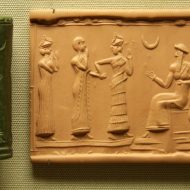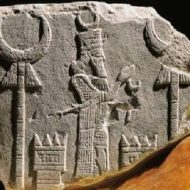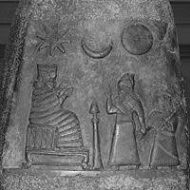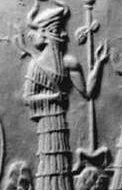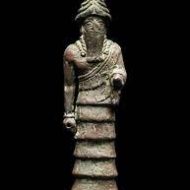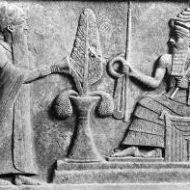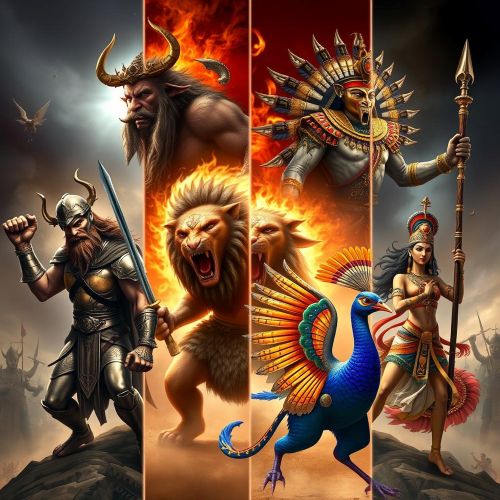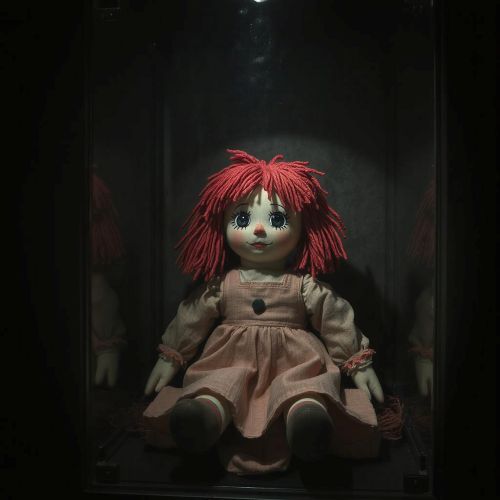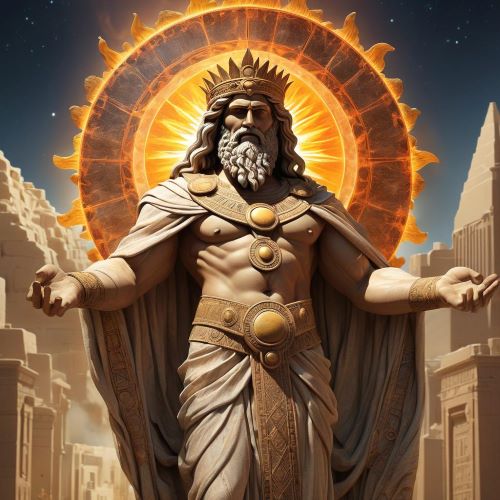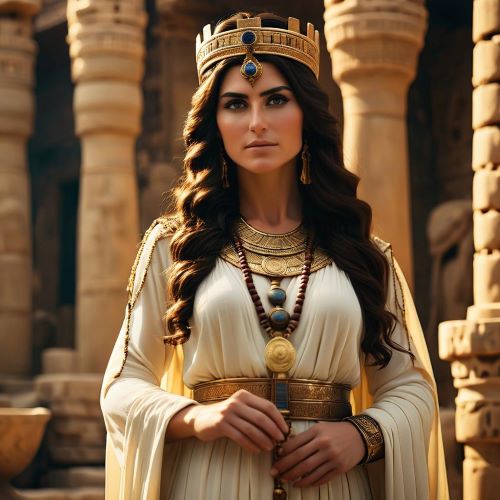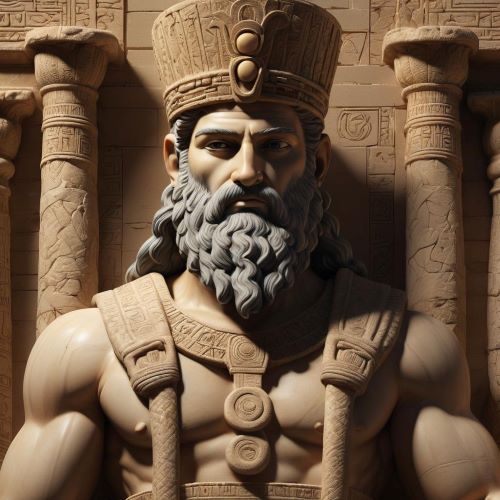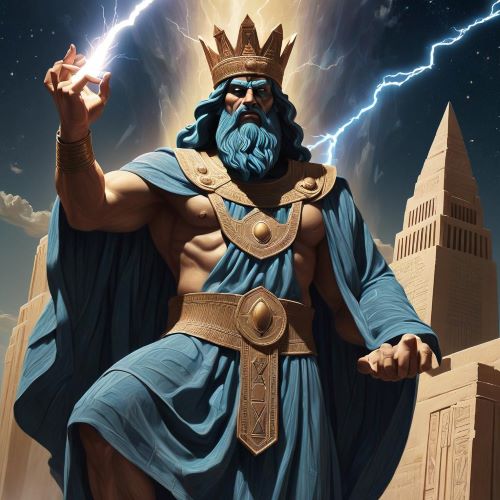Nanna-Suen : The Moon God
Listen
At a glance
| Description | |
|---|---|
| Origin | Babylonian Mythology |
| Classification | Gods |
| Family Members | Enlil (Father), Ninlil (Mother), Nergal (Brother), Ninazu (Brother), Enbilulu (Brother), Ningal (Wife) |
| Region | Iraq |
| Associated With | Moon, Number 30 |
Nanna-Suen
Introduction
Nanna-Suen, also known under various other names, was the moon god of the Mesopotamians, and he was one of the few gods that ruled over multiple ancient civilizations such as the Sumerians, Akkadians, and Babylonians. Despite the rise of the moon cult in Ur during the third dynasty, which was founded by Naram Sin, Nanna was still popular throughout the history of Mesopotamia. He is the Mesopotamian god of the moon and wisdom. He is one of the oldest gods in the Mesopotamian pantheon and is first mentioned at the very dawn of writing in the region c. 3500 BCE.
The widespread popularity of Nanna’s name can be attributed to the numerous prayers and hymns that were sung about him. In addition, his name was frequently used in personal names throughout Mesopotamia. Despite Nanna’s popularity, the attempt by the Neo-Babylonian king, who was known as Nabonidus, to place him at the head of the pantheon failed.
Physical Traits
Nanna-Suen was represented as an old man with a flowing beard—a wise and unfathomable god—wearing a headdress of four horns surmounted by a crescent moon.
Nanna-Suen was also depicted as a recumbent moon, which is associated with the lion-dragon and the bull. He was also depicted as a man with a long beard who was riding on the back of a winged bull or a crescent moon. In many inscriptions, he is also referred to as the number 30 signifying the lunar calendar and the crescent moon, as it was regarded as his barge in which he sailed along the night sky.
Family
Ninlil and Enlil were often regarded as Nanna’s parents. In the god list, Anum Suzianna and Ninimma were referred to as his nurse and courtiers, respectively. Although references to his father are commonly made to him, these are most likely metaphorical.
In the myth of Ninlil and Enlil, his brothers were referred to as Nergal, Enbilulu, and Ninazu. Nergal and Nanna were also often referred to as “big twins,” and the wife of Nanna was referred to as Ningal. Their children, such as Inanna and Shamash, represented the morning star and the sun, respectively. It is also believed that Inanna was the offspring of both Nanna and Ningal.
Due to her association with Inanna and Ishtar, the Elamite and Hurrian goddess Pinikir was referred to as a daughter of both Ningal and Nanna-Suen in Akkadian. Another deity known as Nanaya, who was also associated with Ishtar, was also referred to as a daughter of Nanna-Suen. Among the other children of Nanna and Ningal that are commonly considered as the offspring of this deity are the goddesses Ama-zu, Amarra-he’ea, Anum, and Naiblaga. These three were also known as the city god of Kiabrig and the city god of Kazallu.
Other Names
The spelling of the Nanna, which is both from Mesopotamian and Akkadian sources, was derived from the word nannaru, which was an Akkadian word that means “light,” or “illuminator.” A similar name known as Nanni, which is also from Khana and Mari, is more likely to be associated with the goddess Nanaya than with Nanna. Su’en, who was also referred to as Sin in Akkadian, was a earlier considered to be separate deity from Nanna.
In Akkadian texts, the Nannar’s name was spelled as Sn. In Aramaic, the same name was spelled as Syn, and Sn. The name of the god S(y)n, who had solar characteristics, was not related to the Nannar. In the Early Dynastic god list, which was written by Shuruppak, a name known as Aimbabbar was also given to the moon god. It was associated with the city of Urum in zami hymns.
Powers and Abilities
The diffusion of the moon religion was also evidenced by the frequent use of Nanna’s name throughout personal names in all periods. The cosmic function of Nanna was closely related to the actions of humans. He was regarded as the creator of the moon, and he was also responsible for the month, the night, and the entire lunar calendar. His appearances and observations were also used to predict various events that would affect the people and the land. The phenomenon of the moon’s constant rising and setting was also referred to in Akkadian as a fruit that comes from itself.
An eclipse was regarded as a bad omen, and it was believed that it would spell trouble. In the myth of the eclipse, which is referred to as the Seven Deadly Sins, the moon is attacked by seven evil demons, which causes it to become cloudy. Performing prayers and sacrifices were also said to help keep the moon from getting attacked again.
In the prayers and hymns of the time, there is a tendency to ascribe a great deal of importance to Nanna due to his various qualities. He is regarded as a wise and righteous person who is the creator of all things, the leader of mankind, and the judge of heaven and earth. Nanna was also associated with royalty. He was able to confer royal status on kings through the presence of a divine halo, which was the same luminous blanket that was around the moon.
Modern Day Influence
Confusion over the distinction of the gods Nanna, Nanna-Suen, Suen, and Sin have kept researchers busy and most of them agree that this is the same god who was referred to by different names with the rise and fall of the various civilizations in Mesopotamia.
Related Images
Frequently Asked Questions
What is Nanna Suen the god of?
Nanna Suen or Nanna is a deity that was worshipped by the Sumerians, Mesopotamians and Akkadians and was associated with the moon and the lunar calendar.
Who are Nanna Suen's parents?
Nanna Suen’s parents are considered to be Ninlil and Enlil.
Who was the god of Ur?
Nanna Suen was the patron god of the city of Ur. A king with the name Ur Nammu is also the name of a king who ruled the region.
Who is Nanna Suen?
Nanna-Suen, also known under various other names, was the moon god of the Mesopotamians, and he was one of the few gods that ruled over multiple ancient civilizations such as the Sumerians, Akkadians, and Babylonians.

